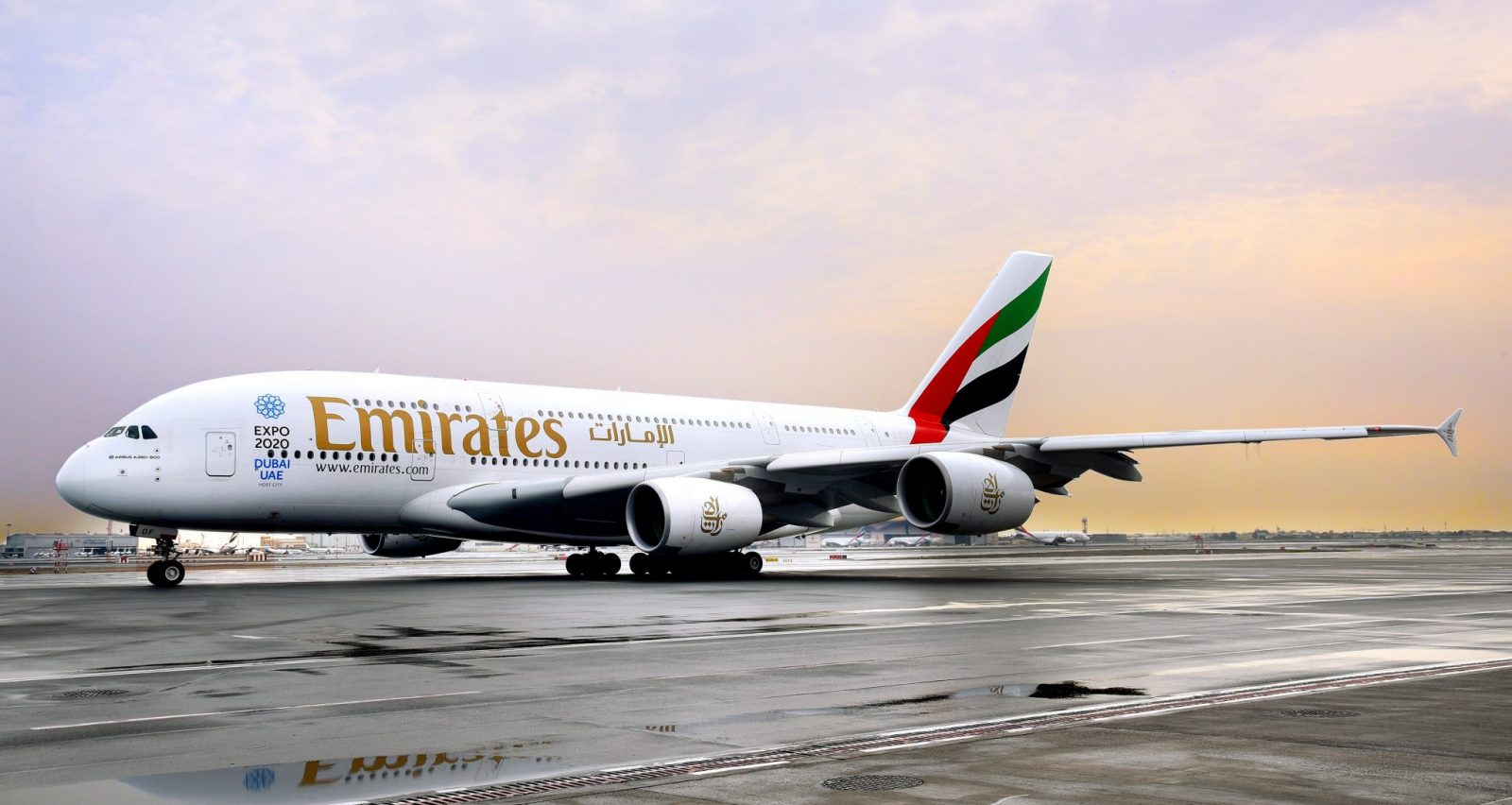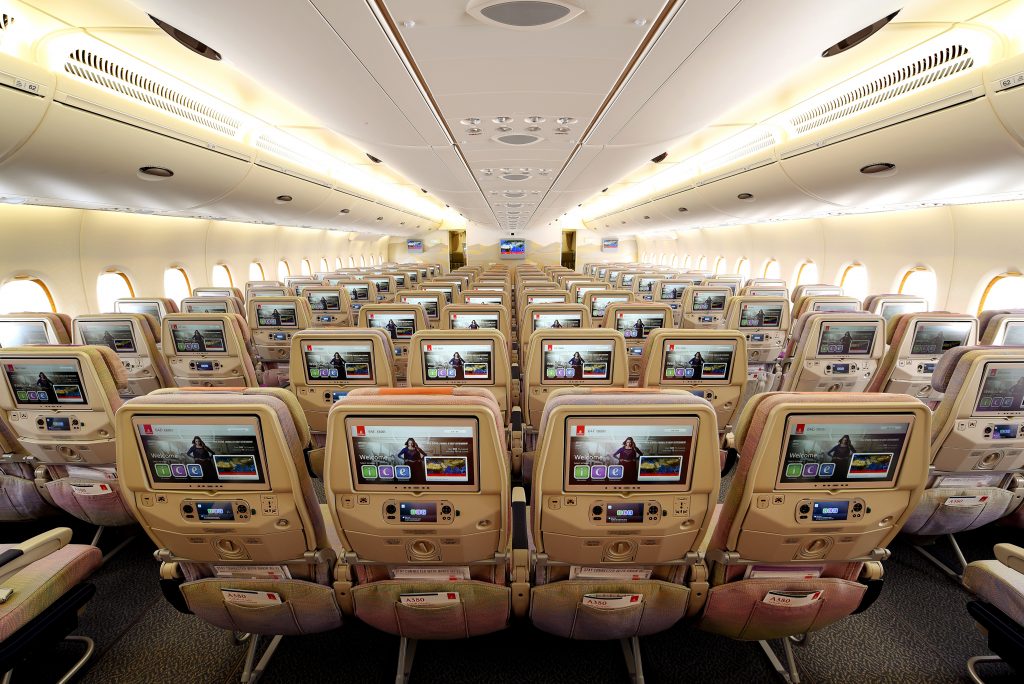
The government of the United Arab Emirates has brought forward a total ban on all inbound and outbound passenger flights, which includes anyone transiting through either Dubai or Abu Dhabi International Airports. The travel ban was set to come into effect at midnight on Thursday, March 26 but has instead been activated more than 24-hours early on Tuesday night.
The decision to implement the ban early, with immediate effect and with no notice, came hours after the UAE announced it had detected 50 new cases of Covid-19 in people who hailed from 32 different countries. The total number of cases in the UAE now stands at 248 and two people have sadly died.

In an attempt to limit the spread of the Covid-19 pandemic, the UAE has shuttered all shopping malls apart from essential services, closed beaches, sent schoolchildren home and ordered people not to gather in groups.
On Monday, the National Emergency Crisis and Disasters Management Authority also announced it would ban all inbound, outbound and transit passenger traffic through all airports in the UAE. The travel ban was set to come into effect at 11:59 pm on Wednesday but was suddenly moved forward after the surge in new cases.
The travel ban was originally set to last for two weeks but it’s unclear whether that period will remain the same length or is subject to extension by 24-hours.
Etihad Airways had already banned any foreign passengers from boarding its aircraft on Monday and instead was only allowing Emirati citizens and diplomatic passports holders to use its flights to get back to the UAE.
In an updated statement, Etihad said its remaining flights that are currently outside of the UAE will be allowed to return after the travel ban comes into force. The airline said it “deeply regretted” the inconvenience caused by cancelled flights which has left thousands of foreign tourists stranded and with fewer and fewer commercial flight options available to them to get home.
Emirates appeared to be caught off guard by the decision to implement a travel ban, first announcing on Sunday that it would cancel all flights, then only hours later saying it would maintain service to 13 key countries and territories “until further notice, as long as borders remain open, and there is demand.”
It would appear, however, that Emirates wasn’t expecting its own borders to close so suddenly.
“The world has literally gone into quarantine due to the COVID-19 outbreak,” commented Sheikh Ahmed bin Saeed Al Maktoum, the chief executive of Emirates. “This is an unprecedented crisis situation in terms of breadth and scale: geographically, as well as from a health, social, and economic standpoint,” he continued.
Mateusz Maszczynski honed his skills as an international flight attendant at the most prominent airline in the Middle East and has been flying ever since... most recently for a well known European airline. Matt is passionate about the aviation industry and has become an expert in passenger experience and human-centric stories. Always keeping an ear close to the ground, Matt's industry insights, analysis and news coverage is frequently relied upon by some of the biggest names in journalism.







